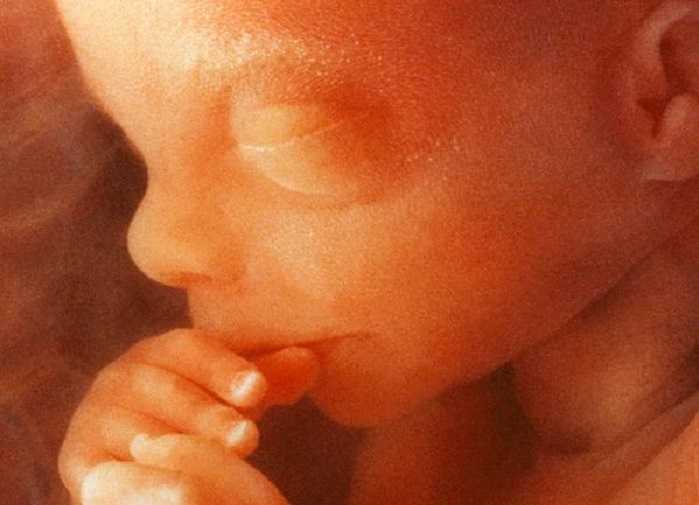As we have over the past two weeks, we are continuing to examine amicus briefs filed in the case of Dobbs v. Jackson Women’s Health Organization which the Supreme Court will hear this fall. At issue is Mississippi’s ban, enacted in 2018, on abortions after 15 weeks of pregnancy with very limited exceptions. The justices have narrowed what they will consider to one crucial point: “[w]hether all pre-viability prohibitions on elective abortions are unconstitutional?”
The brief we are examining today was filed by the United States Conference of Catholic Bishops, joined by two Catholic Dioceses in Mississippi, and other religious groups.
Here are three of many important points made in the amicus brief:
#1. “The Constitution does not create a right to an abortion of an unborn child before viability or at any other stage of pregnancy. Abortion is inherently different from other types of personal decisions to which this Court has accorded constitutional protection.” An asserted right to abortion has no basis in constitutional text or in American history and tradition.
It cannot be emphasized enough: there is no foundation in the Constitution or in American history or tradition for a “right” to abortion. Justice Blackmun knew what he want to conclude and went hither and yon (mostly yon) to find imaginary precedents.
LifeNews depends on the support of readers like you to combat the pro-abortion media. Please donate now.
In his dissenting opinion in Doe v. Bolton, Justice Byron White, joined by Justice William Rehnquist, wrote:
I find nothing in the language or history of the Constitution to support the Court’s judgment. The Court simply fashions and announces a new constitutional right for pregnant mothers … and, with scarcely any reason or authority for its action, invests that right with sufficient substance to override most existing state abortion statutes. The upshot is that the people and the legislatures of the 50 states are constitutionally disentitled to weigh the relative importance of the continued existence and development of the fetus, on the one hand, against a spectrum of possible impacts on the mother, on the other hand. As an exercise of raw judicial power, the Court perhaps has authority to do what it does today; but, in my view, its judgment is an improvident and extravagant exercise of the power of judicial review that the Constitution extends to this Court.
#2. The USCCB amicus continues, “Quite the contrary, abortion prohibitions have been common throughout American history, including during the colonial and founding eras, in 1868 when the Fourteenth Amendment was ratified, and in 1973 when Roe was issued.”
Opposition to abortion, not support for abortion, is what a neutral reading tells you. Since Blackmun relied heavily on (his abuse of) the 14th Amendment, it is very important to remind the Court that those abortion prohibitions were common when the 14th Amendment was ratified in 1868.
Moreover, as Susan Wills explained in “Ten Legal Reasons to Reject Roe”
In the 19th century, in virtually every state and territory, laws were enacted to define abortion as a crime throughout pregnancy. They contained only narrow exceptions, generally permitting abortion only if necessary to preserve the mother’s life. The primary reason for stricter abortion laws, according to their legislative history, was to afford greater protection to unborn children. This reflected a heightened appreciation of prenatal life based on new medical knowledge. It is significant that the medical profession spearheaded efforts to afford greater protection to unborn lives than had been recognized under the common law’s archaic “quickening” distinction.
#3. And “Multiple state interests justify prohibitions on abortion.” Those interests are spelled out:
The State has an interest in protecting human life. This is the most fundamental of human rights as it concerns the right of a human being to exist; without it, no other right is possible. The State also has an interest in protecting the integrity and ethics of the medical profession. The purpose of the profession is to heal and alleviate pain and suffering, not to destroy human life or to cause pain and suffering as abortion does.
I have just touched on three considerations made early in the amicus. A full reading, which would include this keen insight would be very much worth your while.
The judicial creation of an abortion right is in tension with the notion of a written Constitution and the amendment process that the Constitution creates, features that are meaningless if federal courts can rewrite the Constitution.
LifeNews.com Note: Dave Andrusko is the editor of National Right to Life News and an author and editor of several books on abortion topics. This post originally appeared in his National Right to Life News Today —- an online column on pro-life issues.








